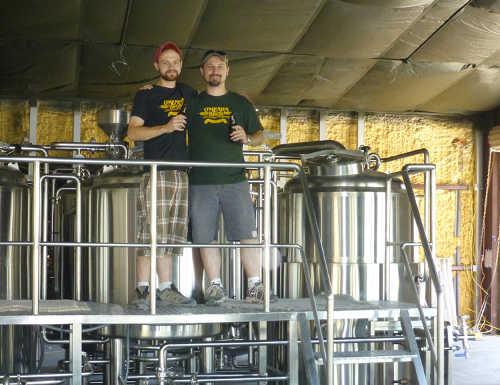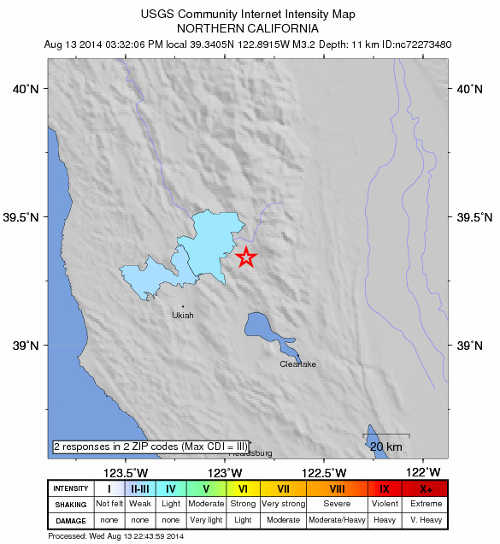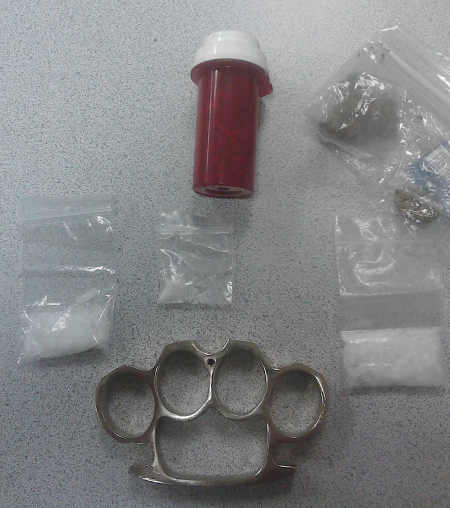Gov. Jerry Brown on Wednesday night signed legislation to put a comprehensive water bond before voters this November.
“Water is the lifeblood of any civilization and for California it’s the precondition of healthy rivers, valleys, farms and a strong economy,” said Brown. “With this water bond, legislators from both parties have affirmed their faith in California’s future.”
The legislation signed by Brown, AB 1471 by Assemblymember Anthony Rendon (D-Lakewood), replaces the current $11.1 billion water bond on the November ballot.
The bipartisan legislation passed the Senate 37-0 and the Assembly 77-2.
The new bond includes $7.12 billion in new debt, plus the repurposing of existing unspent bond funds of $425 million for a total of $7.545 billion. None of the repurposed bond funds will be taken from existing projects.
The measure will be Proposition 1 on the November ballot.
The bond provides for water use efficiency and recycling, groundwater cleanup and management and $2.7 billion for additional water storage.
It invests in safe drinking water, particularly in disadvantaged communities, and provides for watershed restoration and increased flows in some of California's most important rivers and streams.
Gov. Brown also announced that he vetoed identical legislation, SB 866 by Senator Lois Wolk (D-Davis).
For full text of the bills, visit http://leginfo.legislature.ca.gov .
Among the groups supporting the bond is the California Farm Bureau.
In a Wednesday night statement, California Farm Bureau President Paul Wenger said the passage of the rewritten water bond – which followed five years of often difficult negotiations – brings California a step closer to improving its water future.
“The severe water shortages we’re currently experiencing result from 30 years of neglecting our water-storage system. That neglect is magnified by the drought, and it’s time to reverse that pattern of neglect. Placing this water bond on the November ballot gives Californians a chance to provide more water for our cities, for food production and for the environment,” Wenger said.
The bond represents the state’s largest investment in water storage in more than 30 years, “and it couldn’t come at a more critical time,” according to Wenger.
“As the drought has shown us all too well, we have lived too long with an outdated water-storage system,” he said. “We need to update that system to match changing weather patterns, in which more precipitation will fall as rain rather than as snow. Additional surface storage can capture those strong storm surges when they come, prevent flooding and bank that water for later dry times.”
Wenger noted that putting this rewritten bond measure on the ballot is only part of the solution.
“That’s why it’s important that the governor and the Legislature were able to agree on this package,” he said. “We needed to have a bond with the best possible chance of passage. We look forward to the governor’s participation in the campaign for new water storage.”
Fourth District Assemblywoman Mariko Yamada (D-Davis), whose district includes Lake County, also supported the bond measure.
“While imperfect, this bond is vastly improved from the 2009 version that I could not support,” she said in a Wednesday night statement. “Now, California voters will have the opportunity to determine whether or not this bond will advance our mutual water futures.”
The water bond is supported by a broad array of agricultural, business, labor, environmental, water and wildlife organizations.
The groups include Agricultural Council of California, Western Agricultural Processors, Clean Water Action, Association of California Water Agencies, American Rivers, Audubon Society, Bay Area Council, California Alliance for Jobs, California Chamber of Commerce, California Conference of Carpenters, California Farm Bureau Federation, California Labor Federation, California League of Conservation Voters, California-Nevada Conference of Operating Engineers, California State Pipe Trades Council, California Trout, California Waterfowl Association, California Coalition of Utility Workers, Community Water Center, Defenders of Wildlife, Ducks Unlimited, Metropolitan Water District of Southern California, Natural Resources Defense Council, San Diego County Water Authority, Santa Clara Valley Water District, Silicon Valley Leadership Group, State Association of Electrical Workers, State Building and Construction Trades Council of California, California State Council of Laborers, Sonoma County Water Agency, The Nature Conservancy, Trout Unlimited, Western Growers Association, WateReuse California, Defenders of Wildlife, Northern California Water Association, California Building Industry Association, Westlands Water District, Yuba County Water Agency, California Fresh Fruit Association, Sacramento County, Contra Costa County, Yolo County and Solano County.




















